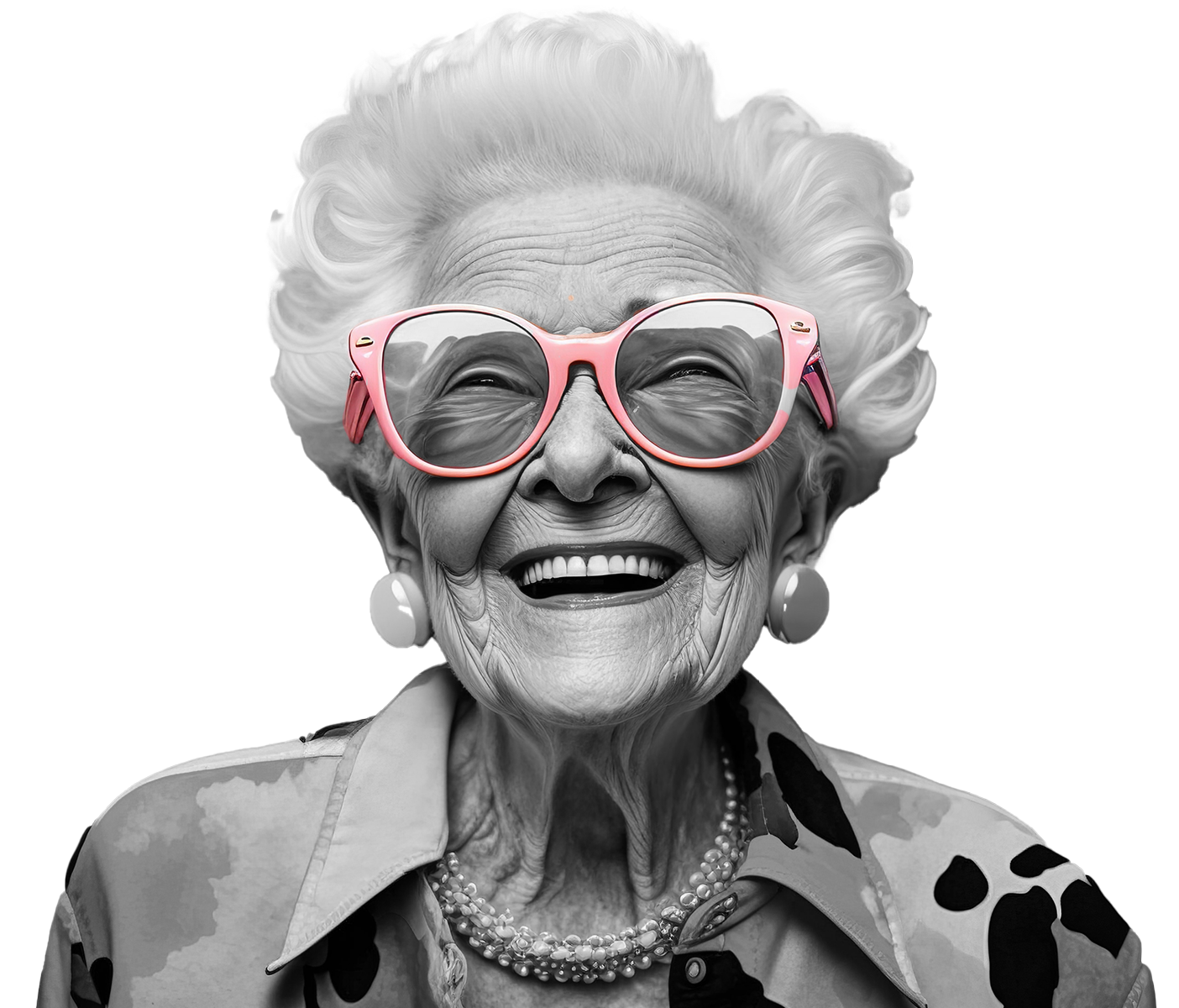Let's talk 01255 421621 or care@distinguished.world
Top tips for a more comfortable home
It is helpful to know what kinds of adjustments you could make to your home, whether you need to do so right now or are just planning forward. It must function for you because, after all, it is your home.
Getting in and out of your home
A hand rail or ramp could help if there are steps up to your front door. Think about adding an outdoor light to help you make your way inside when it’s dark. Position it so that when the light is triggered it won’t disturb your sleep or annoy your neighbours.
Answering the door
If it’s difficult to get to the front door, think about installing a system that lets you speak to visitors and manage who you let in. You could get:
- a door-entry intercom so you can find out who’s there
- an easy-to-fit wireless doorbell that comes with an entry phone you can keep near your chair
- a video entry phone so you can see who is at the door – some video entry phones allow you to press a button to open the door from where you’re sitting.
A police-approved key safe, where your door key is held in a secure box by the front door, is a good option if you want friends, relatives or carers to be able to let themselves in.
Many DIY shops and high-street retailers stock wireless doorbells and key safes. You could ask a family member, handyperson or Home Improvement Agency to fit them for you.
Moving around your home
Make sure your home is well lit. Think about getting motion-sensor lights installed that switch on automatically when you get out of bed or enter a room.
Widening door frames or changing the direction your doors open can help you get about – particularly if you use a wheelchair.
If you find you need a lot more room or want to keep all your essential facilities (like the toilet or shower) on one floor, extending your home might be an option. Talk to a qualified surveyor or architect.
Stairs
An extra banister rail or a stairlift can make getting up and down the stairs easier. Depending on the size and layout of your home, it might be possible to install a through-floor wheelchair lift.
Getting up and dressed
If you find it difficult to get into bed or out of a chair, you can have raisers fitted to make them higher so you’re not bending as far. You can also get powered riser-recliner chairs and specialist beds that raise you into a position where it’s easier to stand, or lower you to sit or lie down.
Easy-reach grabbers can help you pick up items, and a long-handled shoehorn might come in handy for putting on your shoes.
In the bathroom
Think about making some changes to your bathroom suite. ‘Hands-free’ toilets have automatic washing and drying functions that operate while you’re seated. Battery-powered bath lifts support your weight as you get in and out of the bath, while baths with a side opening mean you don’t have to climb over the side. Swapping your bath for a ‘wet room’ style shower means you can walk straight in.
Worried about overfilling the bath or sink? A special safety plug that only allows water to reach a certain level, or a flood detector that alerts a monitoring centre if the bath or sink starts to overflow, might be helpful.
You can also get long-handled sponges or foot-cleaning bath mats to save you bending down.
In the kitchen
Think about how you use your kitchen and what would make life easier for you.
If you need a bit of help while cooking or making a hot drink, try:
- a perching stool which supports you in a near-standing position
- a kettle tipper to help you tilt the kettle
- a spike board which lets you cut or peel vegetables one-handed.
If you find picking up, opening or moving things in the kitchen difficult, try:
- wide-handled cutlery
- high-rimmed plates and two-handled cups
- assistive tin, bottle and jar openers
- a sturdy trolley to support mobility and help you move food and drink from room to room.
If you have sight problems
Try putting coloured tape on the edges of stairs and other borders to make your home easier to navigate.
Trailing wires, loose carpets, broken handrails or general clutter can be a hazard if you have problems with your vision. If you need help with repairs or removing risks in your home contact a Home Improvement Agency or a handyperson service.
If you have hearing problems
Make sure you’re safe in an emergency. Smoke alarms are essential – wireless smoke alarms are connected by radio signals so if one goes off they all do, or you can get ones that use vibrating pads to get your attention. For expert advice on alarms, contact your local Fire and Rescue service.
Keep in touch with a voice-based or text-based phone. You can also get a sounder beacon installed which flashes and makes loud signals when a phone or any sensor is activated.
If you have memory problems
Use an item locator so you can easily find things such as your keys or purse. You attach small tags to the things you want to be able to find. If you lose them, you press a button on the locator and the tag will beep and flash to help you find the missing item.





Call us NOW for
a free, no
obligation care consultation

Big hearts, big smiles, empathy and enthusiasm...
the rest we can teach you
We are recruiting
amazing
care professionals

Express CV Register.
For busy care professionals pushed for time;
Contact Us
Thank you for contacting us.
We acknowledge receipt of your CV.
We will get back to you as soon as possible.
Have a great day.
Please try again later.

For more information please do not hesitate to call for an informal chat on 01255 421621 or email care@distinguished.world

If you require any emergency assistance do not hesitate to contact our Emergency On Call Team: 07534 971589


Would you like some more information or you have a question?
We're here to help you find the best quality care possible for you or your loved one. Alternatively you may need awarded training for your care staff?
We are so pleased to have our care service acknowledged by CQC...

Call Us On 01255 421 621
Lines open Monday - Friday, 0800 - 1800
Saturday & Sunday, 1000 - 1500 to discuss all your care needs.

Request a Callback
Simply fill in our online enquiry form
and we'll drop you a line at a time that's convenient for you.
our huge wellness blog





Join the 'Pink Club'?
Subscribe to the distinguished newsletter!
Thank you for contacting us.
We will keep you up to date with all the latest news and great gossip surrounding Distinguished Care Services.
Have a great day.
Oops, there was an error sending your message.
Please try again later
distinguished.world
Head Office
Unit 1 & 3 Queens Head Chambers
16 St Johns Road
Great Clacton
Essex CO15 4BS
Tel: 01255 421621
Emergency On Call: 07534 971589
care@distinguished.world
Organisation & Legal
distinguished.world
Head Office
Unit 1 & 3 Queens Head Chambers
16 St Johns Road
Great Clacton
Essex CO15 4BS
Tel: 01255 421621
Emergency On Call: 07534 971589
care@distinguished.world
Organisation
Legal
All Rights Reserved | distinguished.world Ltd
All Rights Reserved | distinguished.world Ltd















